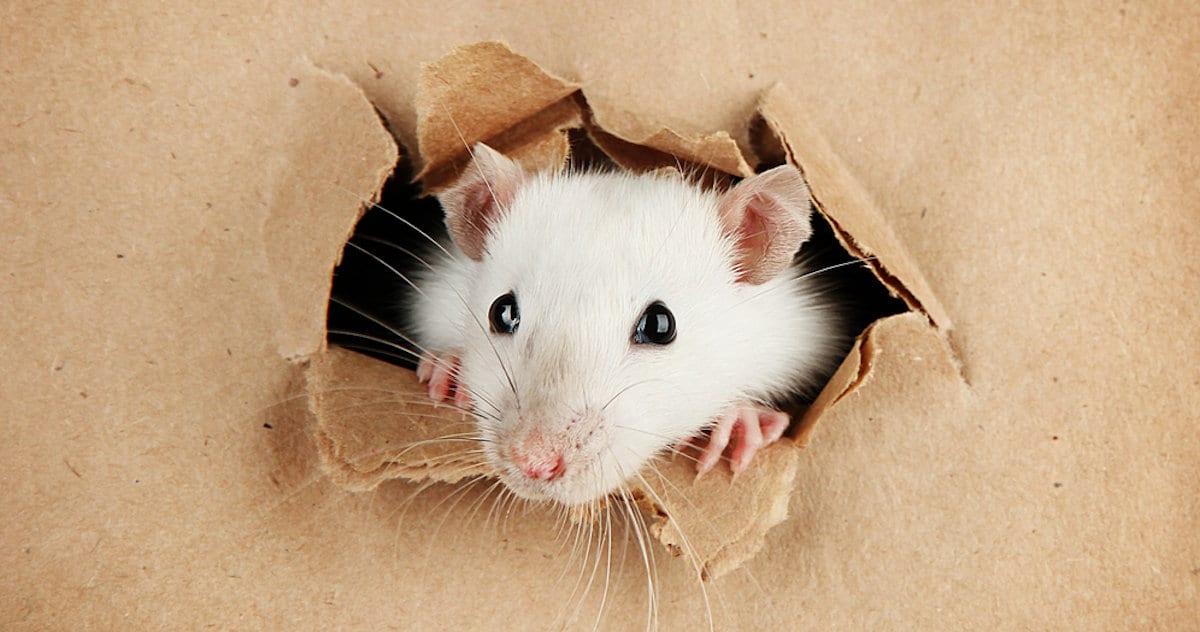For Airbnb hosts, keeping a pest-free space is critical to ensuring customer satisfaction and garnering positive feedback. Guests rightfully expect a spotless and comfortable environment, and the last thing you want is for pests to crash the party. In this guide, well explore how legally using traps in Airbnb can help you tackle pest problems efficiently, all while staying compliant with local regulations and maintaining a pleasant guest experience.

The Importance of Pest Control for Airbnb Hosts
Keeping your Airbnb clean and free from pests isn't just an aesthetic concern; it's vital for health and safety. Infestations can damage property, spread illnesses, and precipitate negative reviews, jeopardizing your rental income. Thus, knowing how to manage pests legallywith trapsbecomes essential.
Each locale has its own pest control regulations, so its wise to familiarize yourself with the laws in your area. Consider talking to a pest control professional or checking with local authorities to identify what types of traps are permissible and the appropriate ways to use them.
Legal Traps Available for Airbnb Hosts
When considering using traps in Airbnb legally, youll find several options that are both effective and generally comply with local laws:
1. Snap Traps
Snap traps are classic devices that effectively catch rodents and are typically regarded as humane when employed properly.
2. Glue Boards
A popular tool for catching smaller insects, glue boards should be used cautiously as some regions have restrictions due to animal welfare concerns.
3. Live Traps
Live traps are a humane choice, allowing you to capture and safely release rodents. This option is particularly appealing for hosts focused on ethical pest control.
Legal Aspects of Using Traps
Using traps can effectively manage pests, but it's crucial to do so in a legal manner. Here are some important factors to consider:
Research Local Regulations
Before you set any traps, dive into the local pest control laws. Understanding which traps are authorized and any specific usage guidelines is crucial. You can start by checking resources like Airbnb's community for guidance on integrating pest control measures into your property listing.
Use Warning Signs
If traps are placed in guest-accessible areas, be sure to clearly label their presence. This measure enhances safety for both guests and pets, minimizing the risk of accidents.
Regular Maintenance and Inspection
It is crucial to regularly check your traps to ensure they work effectively and to change them when necessary. Committing to proper maintenance not only enhances efficacy but also aligns with legal standards.
Developing a Pest-Prevention Strategy
Creating a robust pest-prevention strategy is vital beyond just traps. It should encompass cleanliness protocols, sealing potential entry points, and scheduling routine pest inspections. For detailed pest prevention tips, consider reading this helpful guide.
Conclusion
Keeping your Airbnb free of pests is essential for ensuring guest satisfaction and protecting your property's reputation. With a solid grasp of the legalities and best practices related to using traps in Airbnb legally, you can effectively manage pest issues while adhering to regulations.
For more insights on pest management in Airbnb settings, explore forums like Airhosts Forum, where hosts exchange valuable experiences and suggestions.

FAQ Section
1. Are there legal restrictions on using pest traps in Airbnb?
Indeed, legal restrictions vary by area. Always do your due diligence to comply with local laws regarding traps.
2. What traps are considered humane?
Live traps and snap traps are generally regarded as humane when utilized correctly. Always adhere to local guidelines regarding their application.
3. How can I prevent pest issues in my Airbnb?
Establishing a thorough pest-prevention plan is key, which includes maintaining cleanliness, sealing off entry points, and conducting frequent inspections. For additional insights, check out this article on essential oil blends to deter mice.
